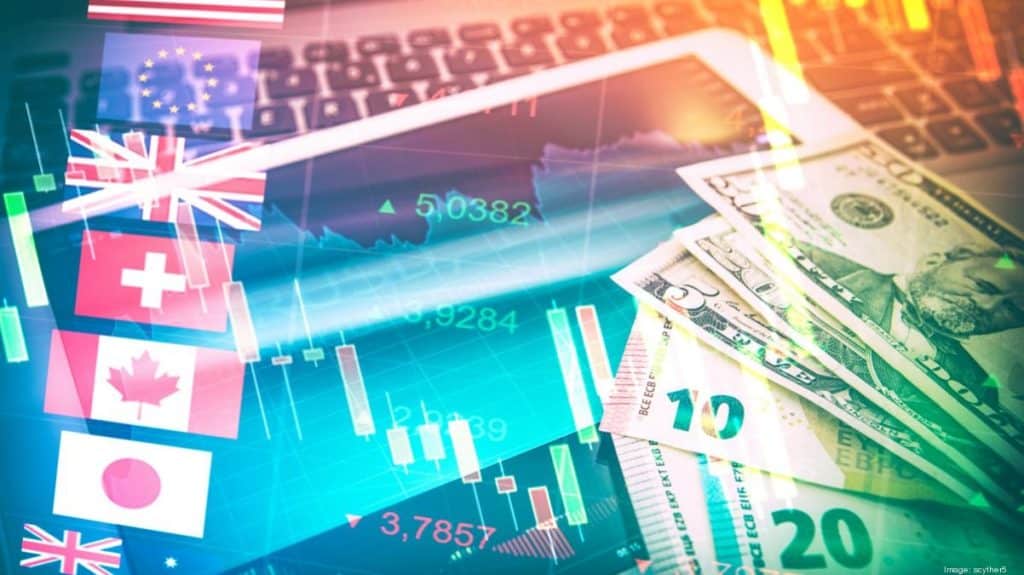Currency exchange is a crucial step in international trade. Whether you’re a seasoned business owner or new to the arena, understanding how to convert USD to MAD (U.S. Dollars to Moroccan Dirhams) or any other currency pair is fundamental. Here are five key points that will help make your currency exchange process smoother and more efficient.
1. Understanding Exchange Rates
Exchange rates are the backbone of international trade. They determine how much one country’s currency is worth in another country’s currency. It’s important to understand that these rates fluctuate due to economic stability, interest rates, and political events. Before making any exchange, take the time to research the current rates. This knowledge can save you from unexpected losses due to rate fluctuations.
Furthermore, knowing when to make your currency exchange can significantly impact the amount you receive after conversion. Monitoring trends and making educated guesses about the best times to convert can be as crucial as the trade deal.
2. The Role of Banks and Currency Exchange Services
Banks are often the first option for currency exchange, but they’re not the only ones. While banks offer security, their rates may not always be the best. Currency exchange services can sometimes provide more competitive rates, especially for larger transactions. However, ensuring these services are reputable is vital to avoid fraud.
In addition, consider the fees associated with currency exchange. Banks and services charge different rates, which can increase and affect your total conversion amount. Always ask for a detailed breakdown of fees before proceeding.
3. Leveraging Technology for Better Rates
Technology has made it easier to find the best exchange rates. Numerous apps and websites allow you to compare rates from various banks and exchange services in real time. Using these tools, you can quickly identify the most favorable rates and make informed decisions.
Moreover, some platforms offer alerts when the exchange rate hits a specified target, enabling you to exchange your money at the most opportune moment. Taking advantage of these technological solutions can lead to substantial savings.
4. Understanding the Impact of Market Volatility
The foreign exchange market is highly volatile, with rates changing by the second. Elections, economic announcements, and financial crises can drastically affect currency values. This volatility can work both for and against you. While predicting market movements accurately is impossible, staying informed about global events can help you make better decisions.
To mitigate risks, consider strategies like hedging, which can protect you against unfavorable shifts in exchange rates. Consulting with a financial advisor to understand these strategies can be very beneficial.
5. The Importance of Documentation and Compliance
When exchanging large sums of money for international trade, documentation becomes crucial. Accurate records of all transactions, including rates, amounts, and dates, are necessary for tax purposes and legal compliance. Additionally, understanding the laws and regulations regarding currency exchange in both your home country and the country you’re trading with is essential to avoid legal issues.
Moreover, ensure all transactions comply with international anti-money laundering (AML) standards. This protects your business from legal troubles and builds trust with your trading partners.
With Western Union, “Send money from USD to MAD the way that’s convenient for you: online, with our app, or in person at an agent location.”
Navigating the world of currency exchange for international trade deals requires knowledge, vigilance, and strategic planning. You can secure more favorable exchange outcomes by understanding exchange rates, choosing the right banks or services, leveraging technology, being aware of market volatility, and ensuring proper documentation and compliance. These practices save you money and contribute to the smooth operation of your international trade endeavors. Remember, every penny saved in currency exchange adds to your bottom line.
